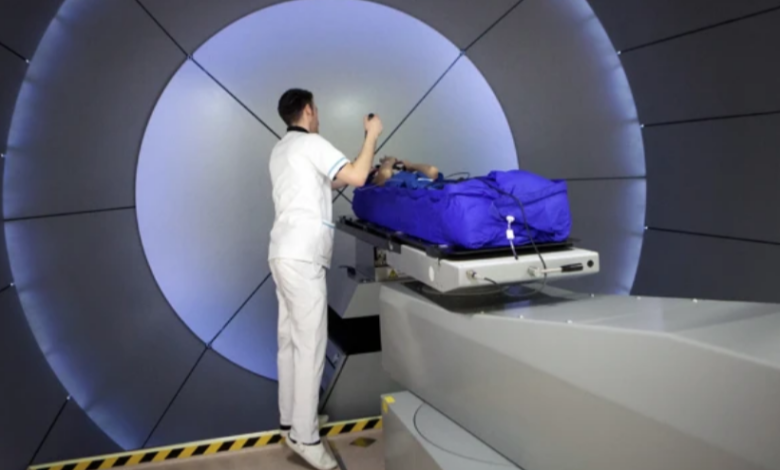Breakthrough in Cancer Research: New Therapy Shows Promising Results

Cancer remains one of the leading causes of death worldwide, but recent scientific advancements bring a wave of hope.
Summarized and quoted from the pafikutaikab.org page researchers have announced a new breakthrough therapy that shows promising results in clinical trials, potentially changing the way cancer is treated in the future.
A New Era of Cancer Treatment
Traditionally, cancer treatment has relied on three major approaches: surgery, chemotherapy, and radiation therapy. While effective in many cases, these methods often come with severe side effects and are not always successful in advanced stages.
The newly developed therapy represents a paradigm shift, focusing on precision medicine that targets cancer cells while sparing healthy tissue.
How the New Therapy Works
According to the research team, the treatment combines immunotherapy and gene editing technology. By enhancing the body’s immune response and precisely targeting mutations in cancer cells, the therapy shows remarkable effectiveness in reducing tumor growth.
- Immunotherapy boost: The treatment helps the immune system recognize and attack cancer cells more efficiently.
- Gene-targeted approach: Specific genetic mutations driving tumor growth can be suppressed, slowing or stopping cancer progression.
- Minimal side effects: Unlike chemotherapy, this therapy reduces damage to healthy cells, improving quality of life for patients.
Promising Clinical Trial Results
Early-stage clinical trials have delivered encouraging outcomes. Patients with aggressive forms of cancer, such as lung, breast, and pancreatic cancer, reported significant tumor shrinkage.
Some participants even achieved partial or complete remission, sparking optimism among oncologists. Researchers caution that more extensive trials are needed, but the initial findings are considered groundbreaking.
The Role of AI and Big Data in Cancer Research
This breakthrough would not have been possible without artificial intelligence (AI) and big data analysis. Advanced algorithms helped scientists identify key genetic markers and predict patient responses to treatment.
By analyzing millions of data points from previous cases, AI accelerates discovery and helps customize treatment plans for each patient.
Challenges and Next Steps
Despite the excitement, several challenges remain:
- Accessibility and cost: Cutting-edge therapies are often expensive and not widely available.
- Long-term effects: Researchers must continue monitoring patients to evaluate the durability of treatment benefits.
- Regulatory approval: The therapy must pass rigorous safety and efficacy standards before it becomes widely accessible.
What This Means for Patients
For patients and families facing cancer, this breakthrough represents more than medical progress—it offers hope. While not yet a universal cure, the therapy could pave the way for personalized treatment strategies that improve survival rates and reduce suffering.
The new therapy marks a significant milestone in the fight against cancer. By combining immunotherapy, gene editing, and AI-driven research, scientists are moving closer to treatments that are more effective and less harmful.
Though challenges remain, the results so far suggest a brighter future where cancer care is not only about extending life but also about improving its quality.




